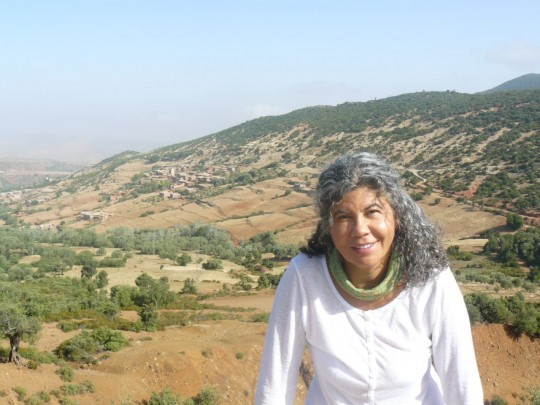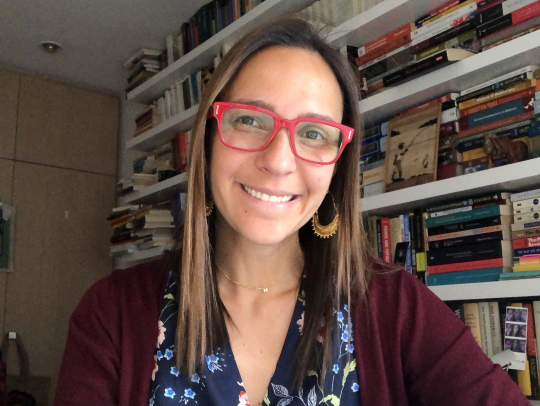The WinEED collaborative program has moved to EfD Colombia and two new women have taken over the stern: Rocío Moreno and María del Pilar López Uribe. The move is a step towards strengthening women researchers' capacity. Pam Jagger and Erin Sills will continue to support WinEED. We asked the new leaders about them and their ambitions for WinEED.
What are your experiences from working in, or research in the fields of gender and environmental economics?
Rocío Moreno (RM): I have been working for more than 15 years on environmental economics issues, particularly on marine protected areas, artisanal fisheries, payments for environmental services, and economic valuation, combining quantitative and qualitative tools. Five years ago, I supported impact evaluation studies of poverty alleviation programs through qualitative analysis. Currently, I am analyzing the empowerment of women who were beneficiaries of a poverty alleviation program in Honduras called “Emprendiendo una Vida Mejor”.
María del Pilar López-Uribe (MPLU): In the topic of gender, I am now working on different projects related to gender violence and monetary transfers during the pandemic, the impact of a big project on care economy that the Bogota government is implementing on women’s leisure and time free, and the relationship between rural economic empowerment and local political empowerment in a historical perspective in Colombia.
In environmental economics, I have worked with the role of climate in development and on how households cope with climate risk, and what options they have. At the moment, I am finishing a new project on climate change, rural-urban migration to big cities, and potential urban disorders.
What are your ambitions for this collaborative program?
RM: My ambitions for WinEED are: first, to design strategies to increase women's participation in leadership positions within EfD centers through mentorship and capacity building, diversity training, and consolidating the WinEED network. Additionally, I think it is relevant to reach the second objective of WinEED: to include and improve the gender analysis within environmental economics research in different areas: The use of natural resources, water management, forest management, and access to clean energy, among others.
(MPLU): My main ambition is to build a strong and long network of women researchers in the global south working on environmental economics and help to connect researchers from different parts of the global south to start collaborating in projects together. At the same time, I want to increase the visibility of women researchers in seminars, conferences, and discussions. We need to raise the voices of more women researchers that are doing a great job but have not been recognized enough by academia. Finally, a last important purpose of the collaborative program is to build a strong mentoring program that runs every year and help to improve the writing skills and research quality of young female researchers in the global south, and hence to improve their chances to publish in top journals and to participate more actively in big conferences
WinEED has a working plan in the works with this new year, so stay tuned for any updates.
By: Manuela Fonseca, Stephanie Scott and Petra Hansson

